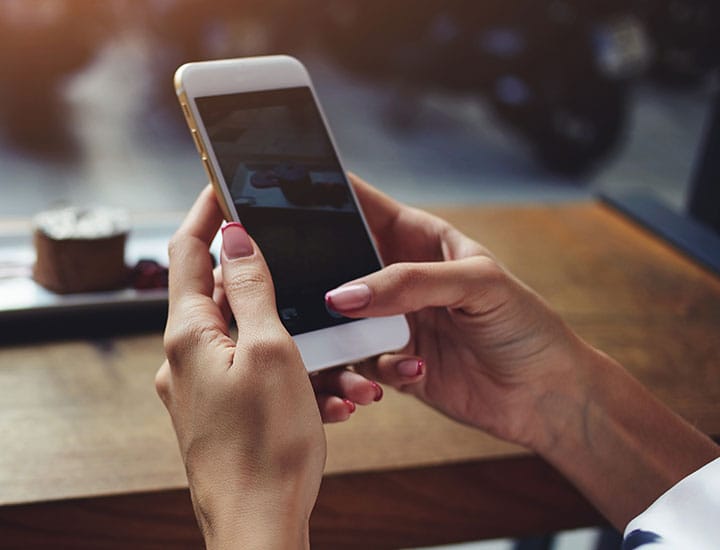Are you super safe when you browse on your phone? Chance are you’ve never even considered this question and can’t imagine what makes what type of browsing behavior any different than another. But here’s the straight-up truth: you could be making a number of iPhone browsing mistakes that are putting your data and privacy at jeopardy. Kay Velik, director of content strategy at Nine Peaks Media, says these are some common iPhone browsing mistakes that can compromise your personal data and how to avoid them.
Not using a passcode
One of the simplest ways to protect your iPhone’s data is to use a passcode or biometric authentication like Touch ID or Face ID, according to Velik. “If you don’t use any of these security features, anyone who picks up your phone can access your browsing history, passwords, and other sensitive information,” he says.
Using public Wi-Fi without a VPN
Public W-Fi can be a fantastic resource, if you use it safely and with a VPN to protect your data. “Public Wi-Fi networks are often unsecured which means that anyone on the same network can potentially intercept your online activity, including your browsing history, login credentials and other personal data,” Velik says. “To avoid this, use a VPN (Virtual Private Network) when connecting to public Wi-Fi. A VPN encrypts your internet traffic and makes it much harder for anyone to snoop on your online activity.”


Not updating your iPhone
If you don’t update your iPhone to the latest version of IOS, Velik warns this will make your device vulnerable. “Hackers can also take advantage of this,” he adds. “Make sure to regularly check for software updates and install them as soon as they become available.”
Clicking on suspicious links
“Phishing scams are a common way for hackers to trick you into providing them your personal information,” Velik says. “They usually involve sending you an email or text message with a link that looks legitimate but actually leads to a fake website designed to steal your login credentials or other personal data.” To avoid falling for these scams, Velik warns about being cautious of any unsolicited messages and only click on links from trusted sources.
Avoid these common iPhone browsing mistakes and you’ll help safeguard your private data from attacks.


























